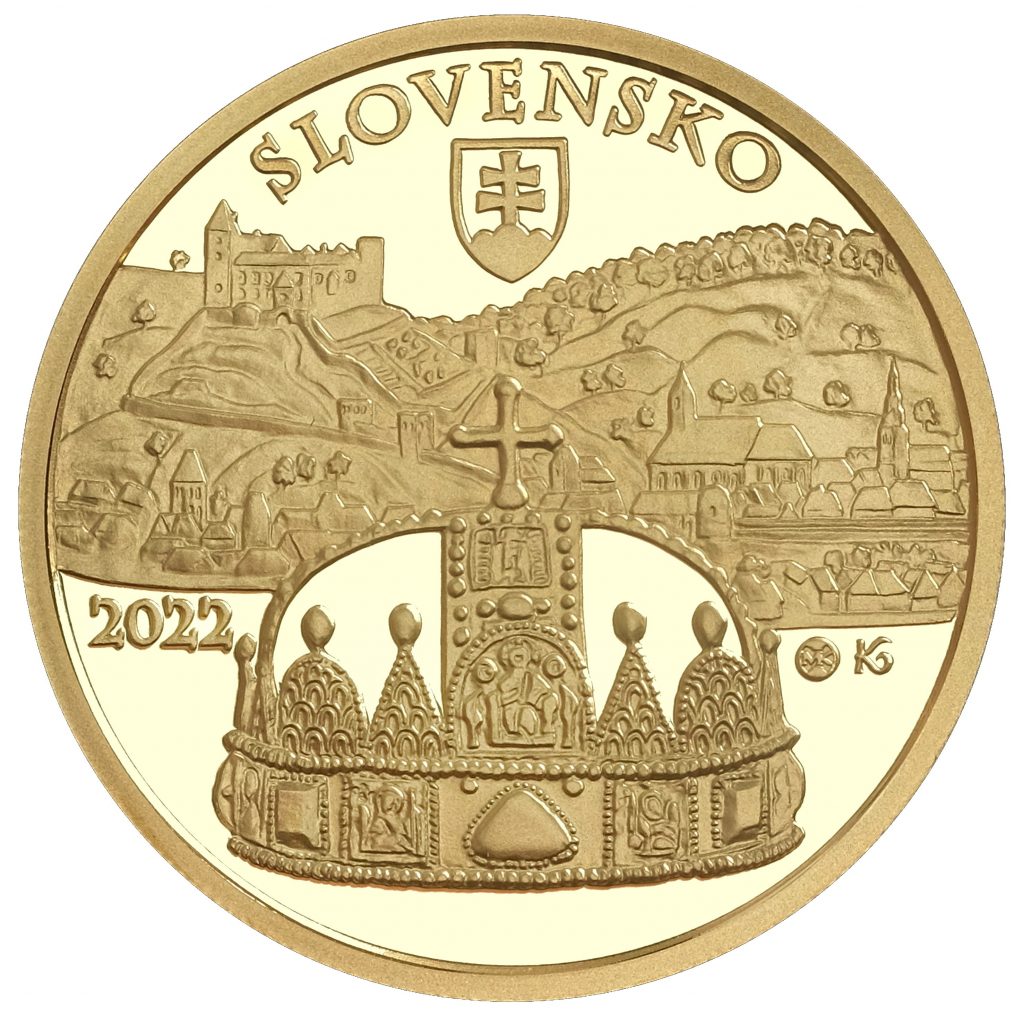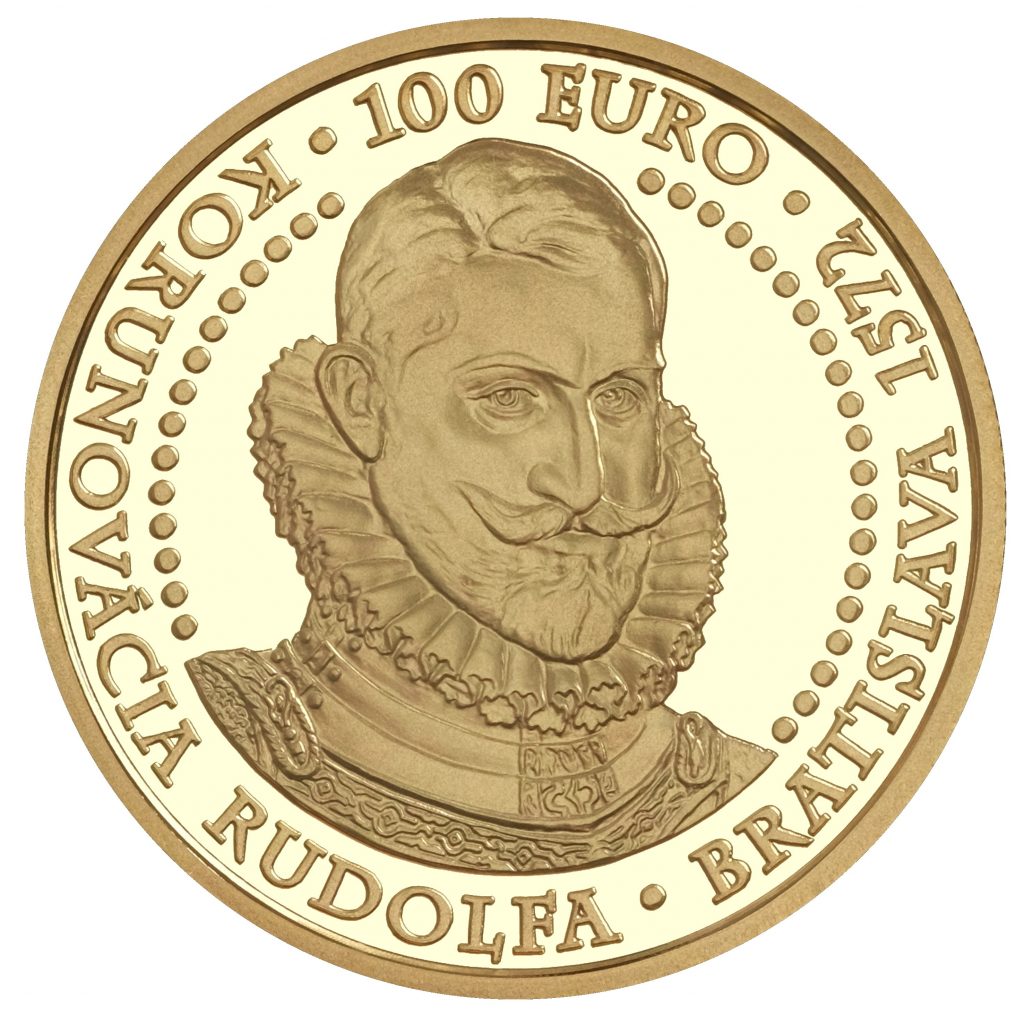-
NBS Tasks
Browse topics
- Monetary policy
- Financial market supervision
- Financial stability
- Banknotes and coins
- Payments
- Statistics
- Research
- Legislation
-
Publications
- Activity Report of the NBS Innovation Hub Annual Report Carbon Footprint Report of NBS Climate-related disclosures of NBS non-monetary policy portfolios Economic and Monetary Developments Financial Stability Report Investment Policy Statement of the National Bank of Slovakia Macroprudential Commentary
- Policy Briefs Report on the Activities of the Financial Market Supervision Unit Research Papers: Working and Occasional Papers (WP/OP) Statistical Bulletin Structural Challenges Other publications Sign up for your email notifications about publications
- About the Bank
- Media
- Frequently asked questions
-
For the public
Browse topics
- About the Bank
- Exchange rates and interest rates
- Banknotes and coins
- Payments
- Financial stability
- Financial market supervision
- Statistics
- Legislation
-
Publications
- Activity Report of the NBS Innovation Hub Annual Report Economic and Monetary Developments Financial Stability Report Macroprudential Commentary
- Report on the Activities of the Financial Market Supervision Unit Research Papers: Working and Occasional Papers (WP/OP) Statistical Bulletin Other publications Sign up for your email notifications about publications
- Frequently asked questions
- Media
- Careers
- Contact
Bratislava coronations – 450th anniversary of the coronation of Rudolf
€100 gold collector coin
Until the latter part of the 17th century, no man could become king of Hungary without being elected by the Diet of Hungary. A ruler who wanted his son to succeed him had to persuade the nobles of the Diet to elect and crown him. Following the coronation, the country would have two kings: the reigning father and the son who would rule only after his father’s death. King Maximilian thus secured the crown for his eldest son, Rudolf, who was crowned in Pressburg (now Bratislava) on 25 September 1572 and became the de facto ruler in 1576. Rudolf was also Holy Roman Emperor and King of Bohemia. He stayed in Hungary only exceptionally, having opted to move his court and the Hungarian crown to Prague. He reigned during a period marked by Ottoman expansion from the south and by an uprising of the nobility related to Protestant demands for more religious freedom. In 1608 Rudolf relinquished the Hungarian crown and throne to his younger brother, Matthias.
-
Coin description
Obverse:
An image of the Hungarian royal crown occupies the lower part of the obverse and is set in front of a period depiction of Bratislava that fills the centre of the design. The name of the issuing country ‘SLOVENSKO’ is inscribed along the upper edge of the design, directly above the Slovak coat of arms. The year of issuance ‘2022’ appears between the lower left edge and the crown. To the right of the crown are the mint mark of the Kremnica Mint (Mincovňa Kremnica), consisting of the letters ‘MK’ placed between two dies, and the stylised letters ‘KL’, referring to the coin’s designer Karol Ličko.Reverse:
The reverse shows a portrait of King Rudolf adorned on either side with a semicircular beading pattern. Inscribed at the top edge of the design are the coin’s denomination and currency ‘100 EURO’, with a dot on either side. Running around the rest of the edge, from the upper left to the upper right, are the inscriptions ‘KORUNOVÁCIA RUDOLFA’ (Rudolf’s coronation) and ‘BRATISLAVA 1572’, separated by a dot.
-
Coin details
Designer: Karol Ličko Composition: .900 gold, .75 silver, .25 copper Weight: 9.5 g Diameter: 26 mm Edge: milled Producer: Kremnica Mint Engraver: Dalibor Schmidt Issuing volume: 4,200 coins in proof quality Issuing date: 20 July 2022

